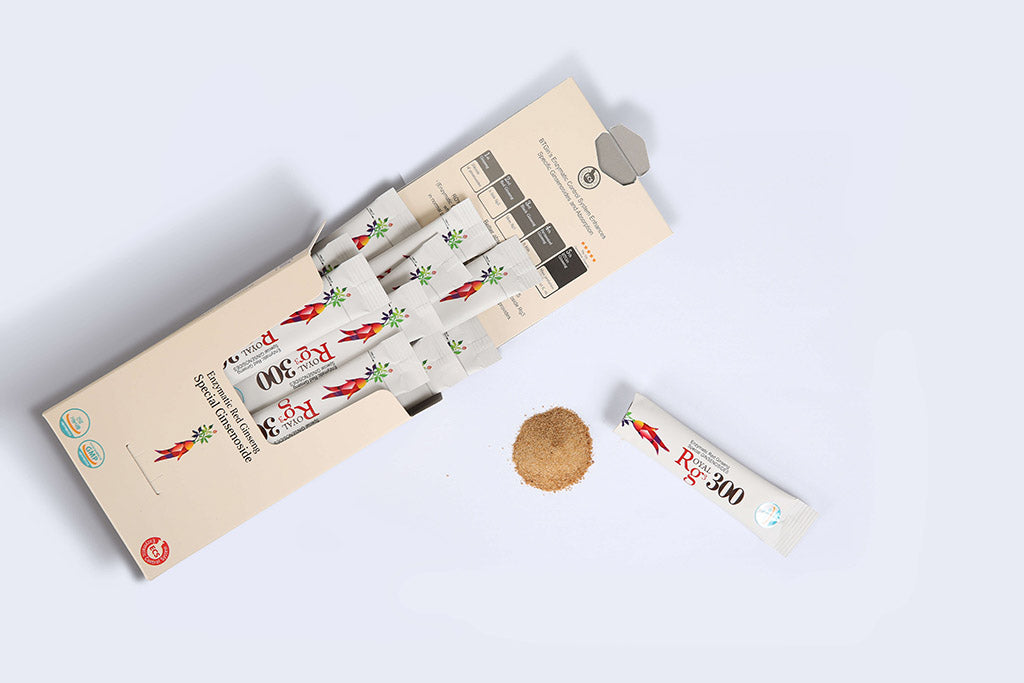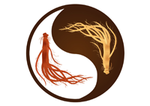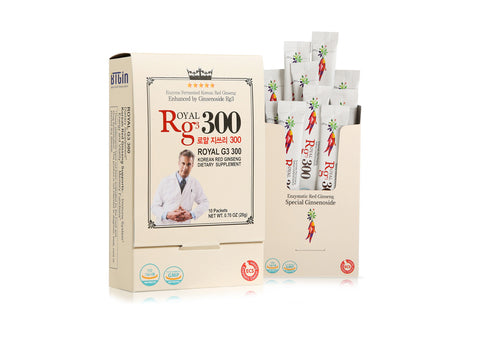
Although we have found cures for many previously fatal diseases, or at least treatments to control them, cancer is still a dreaded disease. It's indiscriminate, often strikes out of nowhere, grows insidiously in the background and by the time it's discovered, it's often already in a serious state. It is not impossible to recover from it, but whether you do depends on many factors, and no one person involved knows which group they will fall into. In any case, appropriate therapy is key.
What causes cancer?
If we knew, it might be preventable, but the truth is that we only know certain predisposing factors, we don't know exactly who might be affected. That's why it's scary: anyone can develop the disease, regardless of gender, age, health or even lifestyle.
On the other hand, this is only partly true because, as we have said, we do have some knowledge of what can cause cancer, so with some care and a good lifestyle, there is a chance of preventing some cancers. But there are no guarantees, you cannot prevent everything. We know, for example, that smoking can cause lung cancer, but we have seen lung cancer patients who have never smoked and smokers who have lived a long and healthy life.
But in addition to lifestyle habits and environmental factors, genetic factors also play a role. A predisposition to certain types of cancer can unfortunately be inherited. An example is a mutation in a gene called BRCA, which can be inherited and is responsible for the development of many types of cancer, including breast, ovarian, pancreatic, prostate and melanoma.
And there are many, many more factors we don't know about. Unfortunately, there are also many cases where the person has lived a healthy life, taken care of themselves, been screened and has no history of cancer in their family, but it has still appeared.
What does survival depend on?
Cancer survival is individual, but basically it depends on 4 things:
- the type of tumour: cancer is not a single disease, it can develop into several types of tumours, classified according to their behaviour, composition, etc.
- tumour location: not all organs have the same chances of survival. Lung cancer, for example, has a relatively low survival rate, but a breast cancer without metastases may be easier to recover from.
- the stage of the process (whether it has metastasised, how much, where, etc.): if the cancer has spread to several organs, it is more difficult to cure.
- how it responds to treatment: some cancers respond very well to chemotherapy, radiotherapy and other treatments, others respond almost nothing.
In any case, it is clear that treatment is necessary, even if it is aggressive, because it is the best chance of survival.
How can cancer be beaten?
Treatment for cancer is not uniform: it depends on where the cancer is, what type it is, how advanced it is. In some cases, surgery to remove the tumour is the first step, followed by drug therapy. In other cases, surgery is not possible immediately and radiotherapy or chemotherapy may be needed first to reduce the size of the tumour. But it may not be possible to operate at all, or surgery may not be necessary.
Let's not sugarcoat it: because cancer is an aggressive, destructive disease, the therapies used are not subtle. Unfortunately, as well as killing the tumour, they also kill other things, with consequences.
What kills cancer cells?
In addition to surgery, the following treatments are the most commonly used:
- Targeted biologic therapies: in recent years, targeted cancer therapies have made a huge breakthrough in cancer treatment, which, unlike conventional methods, target a specific molecular target to prevent further cancer cell division and tumour growth. They can achieve remarkable results for certain types of cancer, but unfortunately they are not yet an option for all cases.
- Radiotherapy: used to kill cancer or control tumour growth. It is most effective when the cancer is limited to a single site. Radiotherapy inhibits cell division by damaging DNA, but it affects not only the tumour cells but also the healthy ones - this is the disadvantage, although nowadays it is possible to minimise the destruction of healthy cells around the tumour.
- Chemotherapy: in practice, chemotherapy means treating the patient with cellular toxins that kill the cancer cells but at least prevent them from multiplying. Most of the cell poisons are specifically targeted at fast-growing cells, such as cancer cells. However, there are other cells that have similar properties, which is why chemotherapy has serious side effects that give it a bad reputation.
In addition to all this, of course, there is everything else that patients try to cure themselves. These include lifestyle changes and alternative treatments for cancer to support the treatment prescribed by the doctor. One of these is the consumption of Rg3 ginsenoside, as Korean research has shown that cancer patients who take Rg3 ginsenoside alongside conventional treatments can have significantly better survival rates for certain types of cancer.
How can high doses of Rg3 ginsenoside help cancer patients recover? Recovery after chemotherapy
It is important to emphasise that ginseng consumption may be appropriate not as a substitute for radiotherapy or chemotherapy, but as a supplement to them.
Research in Korea has shown the following results:
- Rg3 ginsenoside may inhibit tumour recurrence and spread to other organs after surgical removal and after radiotherapy.
- Rg3 ginsenoside may enhance the effect of radiotherapy, reducing its side effects
- May reduce the body's resistance to treatment
- Strengthen the immune system
- Improve patients' appetite and general condition, relieve pain.
Research on the use of Rg3 ginsenoside in cancer patients:
-
A 2007 study[1] looked at 71 patients with stomach cancer, 33 of whom received standard treatment but 38 of whom also received Rg3 ginsenoside. While the average survival of the former group was 25 months, the average survival of the group that also received Rg3 was about 40 months.
-
A 2009 trial[2] investigated the effect of Rg3 ginsenoside in patients with oesophageal cancer. 30 of 60 patients received Rg3, 30 did not. The 1-year survival rate for the group that also received Rg3 ginsenoside was 66.7%, compared to 36.7% for the group that did not receive Rg3.
-
And according to a 2006 study[3], there are also nice results in people with lung cancer. In a total of 115 patients, it was found that the average survival of the group receiving Rg3 ginsenoside with conventional treatment was 15.8 months, compared with 9.7 months for those not receiving ginsenoside.
The studies show that 20mg of Rg3 ginsenoside per day can be effective in curing cancer when used with appropriate medical therapies.
Rg3 ginsenoside against the side effects of chemotherapy
As already mentioned, radiotherapy and chemotherapy can unfortunately have serious side effects because they are very aggressive treatments. Bone marrow cells, cells in the mucous membranes of the digestive tract, germ cells, hair follicles and hair follicles behave in a similar way to cancer cells, i.e. they multiply rapidly and continuously. As a result, these cells are also attacked by the therapies in question, and it is the organs they form that will be the areas where the side effects are most felt.
Without wishing to be exhaustive, the following may be experienced by those undergoing treatment:
- nausea, vomiting,
- dry mouth,
- taste perception problems,
- loss of appetite,
- diarrhoea,
- general weakness,
- hair loss,
- anaemia,
- increased susceptibility to infections.
Rg3 ginsenoside can help to reduce the side effects of therapy, as it has a positive effect on digestion, concentration, has a stimulating effect and also supports the immune system, which helps to defend the body against infections.
Complementary therapies
Medical science is constantly searching for a cure for cancer and there are very promising results in some areas, but unfortunately we do not yet have the key. It is therefore important that, as well as taking the treatments prescribed by doctors and following their instructions, we are also open to natural options.
Unfortunately, we cannot claim that ginseng cures cancer. But there is some research to show that it may support the effectiveness of medical therapies for certain types, and help to alleviate side effects by giving the immune system an extra shield and helping the body to stay strong. It can also speed up the healing process by supporting the body effectively.
For whom and when is Royal Rg 300 recommended?
✔ For faster recovery after chemotherapy or radiotherapy
✔ For the severely weakened body to boost energy levels immediately, increase stamina, strengthen the immune system, support circulation and the cardiovascular system
*Results may of course vary from individual to individual.
Active ingredient: 50mg/g Rg3 ginsenoside per sachet
For more information and to order, click here!
[1] (2007) Effect of adjuvant chemotherapy of ginsenoside Rg3 combined with ***** C and tegafur in advanced gastric cancer. Zhonghua Wei Chang Wai Ke Za Zhi. 10: 64-66
[2] (2009) Efficacy of Shenyi Capsule combined with ******* plus ****** in treatment of advanced esophageal cancer: a randomized controlled trial. Zhong Xi Yi Jie He Xue Bao. 7: 1047-1051.
[3] (2006) A randomized, prospective, multi-centre clinical trial of NP regimen plus Gensing Rg3 in the treatment of advanced non-small cell lung cancer patients. Zhongguo Fei Ai Za Zhi. 9: 254-258.




